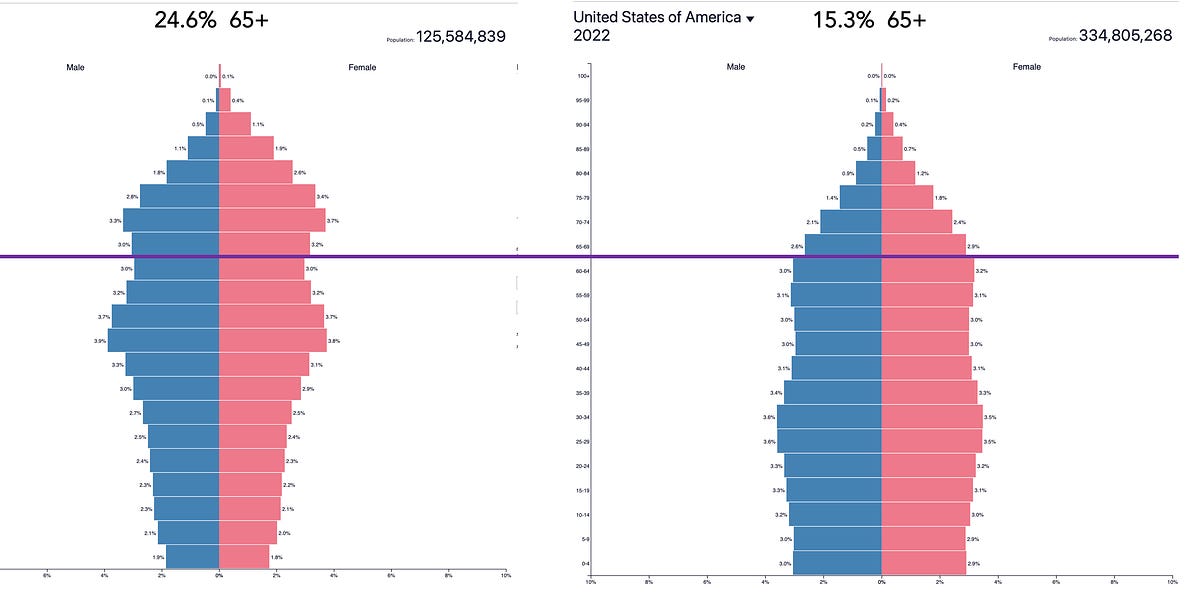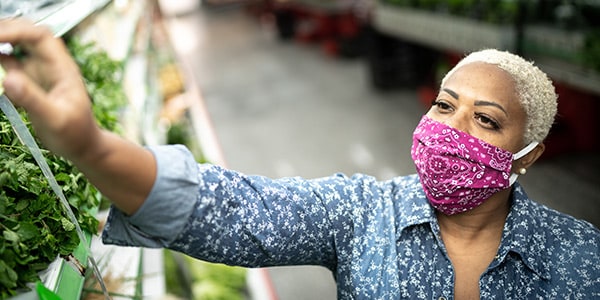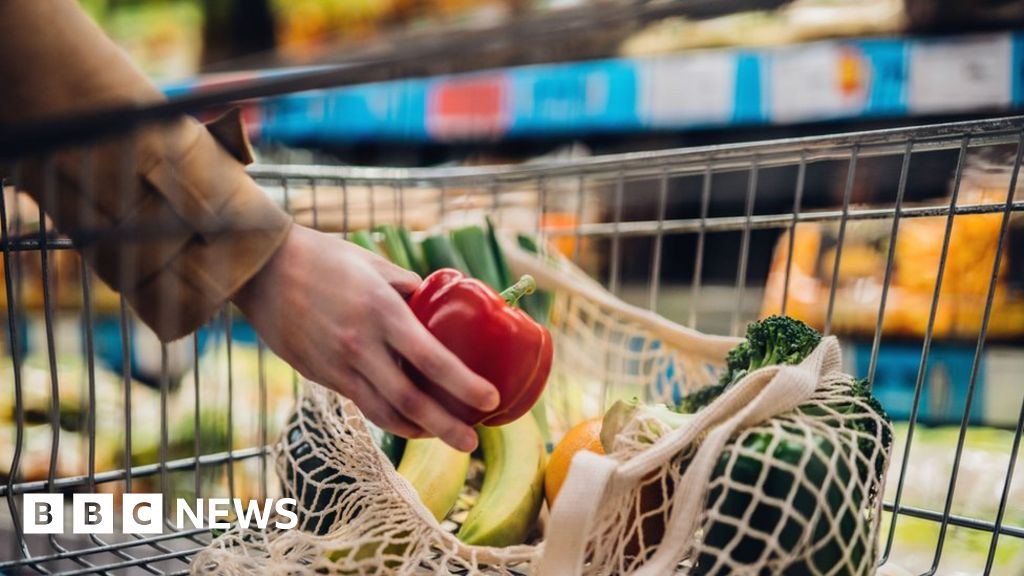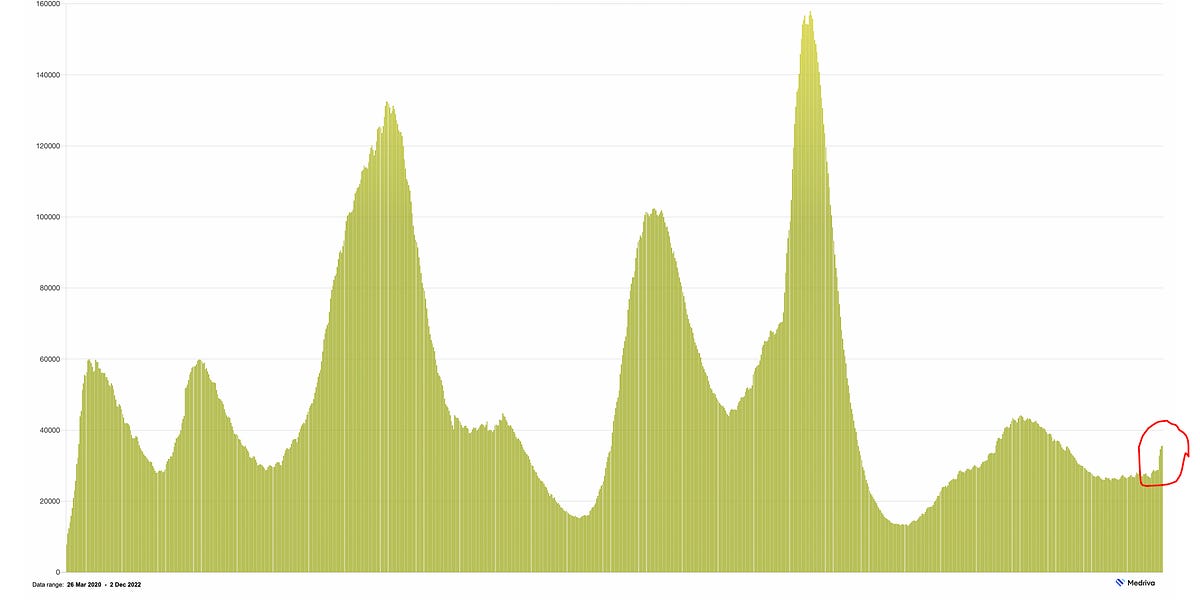Preprint from South Africa shows 3 shots of Novavax produces much higher titers of neutralizing antibodies vs. BA.1 and BA.4/BA.5 as 3 shots of Pfizer.
I guess the thing which needs to be tested is how well Novavax does as boosters when given to people who've already had 2, 3 or 4 mRNA doses, since most people have taken mRNA by now.
I guess the thing which needs to be tested is how well Novavax does as boosters when given to people who've already had 2, 3 or 4 mRNA doses, since most people have taken mRNA by now.





